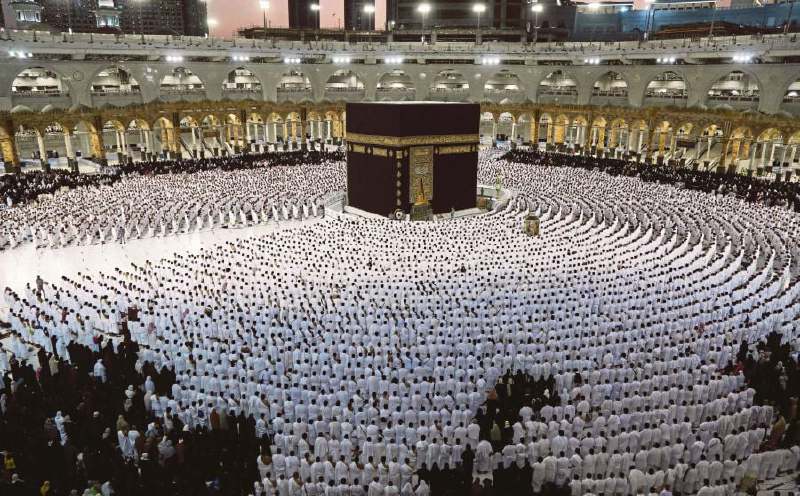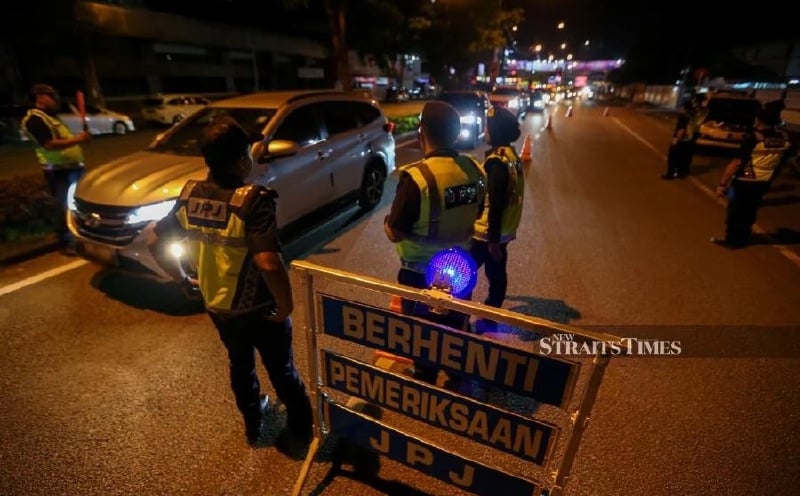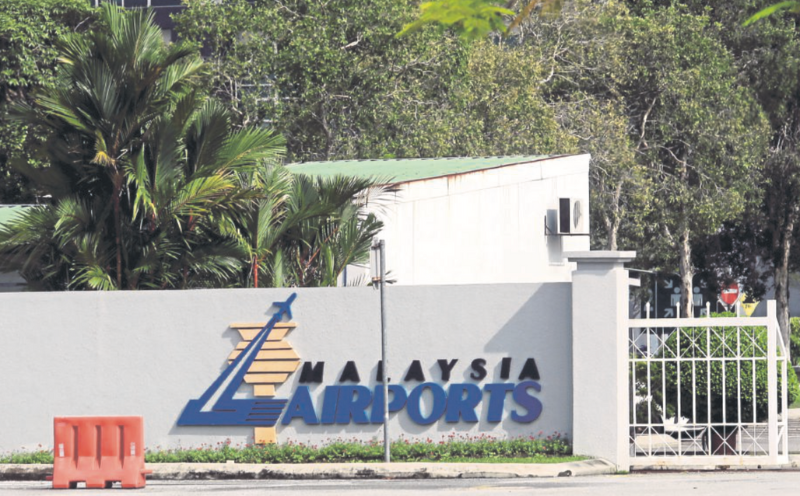I WOULD like to join others in congratulating the Public Accounts Committee for coming out with its report on 1Malaysia Development Berhad (1MDB) based on testimonies from key witnesses called in to testify before the committee. The transcripts make interesting reading of who said what and raised some questions, which, hopefully, will be answered when the investigations by the National Audit Department are released in the form of a public report. Whatever the critics may say about the PAC proceedings and its report, the committee is, nevertheless, a good example of how Parliament can oversee government processes and its agencies.
I am also encouraged to hear that the cabinet has agreed on a number of reforms to strengthen the role of Parliament and make it more effective as the people’s watchdog for good governance. One of the proposed reforms is to allocate one hour for Question Time daily when Parliament is in session during which time the ministers themselves must answer questions raised by the members, like in Australia. This will make ministers directly accountable to Parliament.
Another reform is to increase the number of select parliamentary committees which will give member parliament (MPs) a wider role to play in monitoring the operations of government as well as hold public enquiries on matters of public interest. Parliamentary public hearings are also the best way to force open any secrets on licensing that have been a familiar story in logging and mining concessions at the state level. While a few in high places make the money by exploiting the natural resources, the ordinary people pay for the environmental damage.
Another example is the mystery surrounding the city plan for Kuala Lumpur. During a demonstration recently by residents of Bukit Damansara and Setiakasih, residents’ association chairman Tan Sri Abdul Aziz Rahman told the crowd that the local plan for KL was completed in 2008 but until today, it has not been gazetted. Despite repeated pressures by the residents here, City Hall has not given a satisfactory explanation. If there was a parliamentary select committee on town planning, this would provide an avenue for the residents to call for the minister responsible and the mayor to provide answers. Parliament has a duty to intervene in a timely manner to save a bad situation from getting worse. In other democracies, select committees and standing committees of Parliament are given powers to question ministers on all matters of public concern.
Every bill that the government proposes must first be debated openly at the committee level before it is brought up to the house for voting. There should also be a committee to provide a consultative process for discussing religious matters.
Malaysia has a Constitution that grants equal authority to the three branches of government — the legislative, judiciary and the executive (the cabinet). It’s a constitutional arrangement aimed at providing checks and balance to prevent abuse of power by any one branch of government.
Through its select committees, Parliament has the power to check on the excesses of the government, just as the judiciary has the power to strike out any law made by Parliament or implemented by the government that contravenes the Constitution.
It is incumbent upon both Parliament and the judiciary to exercise their authorities in raising the standard of governance at the highest level, and setting an example for good governance.
TAN SRI MOHD SHERIFF MOHD KASSIM, Kuala Lumpur
















